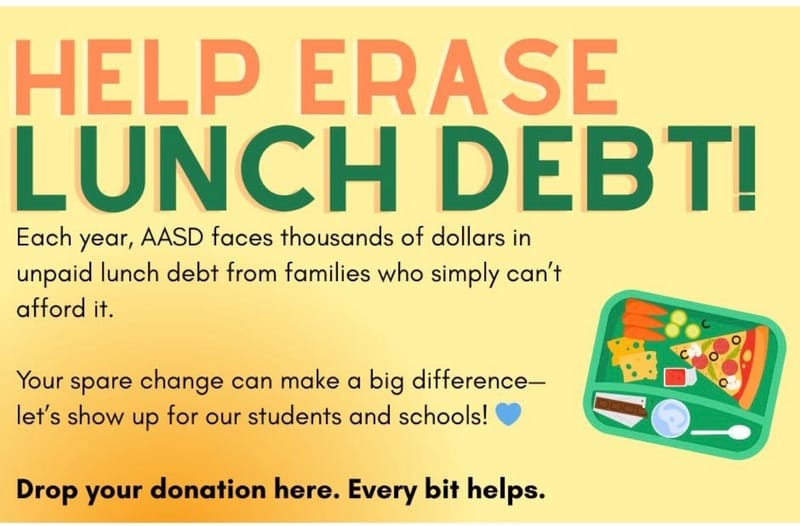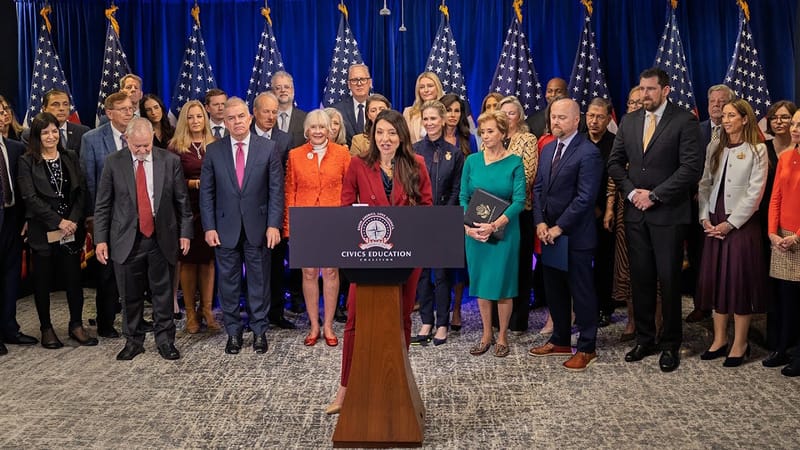JFC Republicans take knife to Evers' public education request
The JFC approved a small increase to the special education reimbursement rate from 33 to 35 percent in budget year one and to 37.5 percent in year two, still only about a third of the reimbursement levels of private schools

If the Joint Finance Committee’s 12-4 party-line vote on June 12 that offers zero increase in state aid for Wisconsin public schools stands, it will mark 18 years since public schools received a funding increase that covered inflation. The JFC also reduced funding for mental health services and, overall, approved only about 10 percent of Gov. Tony Evers’ request for Department of Public Instruction funding.
Evers used a partial veto in the last budget to increase the revenue authority for schools to $325 per student per year over the next 400 years. This does not increase state aid but merely gives school districts the ability to raise local property taxes without going to referendum, if they choose to go that route.
With the Republicans denying a funding increase in this year’s biennial budget, the only way public schools would be able to realize the governor’s proposed increase would be by adding it to local property taxes.
In a letter written to local legislators, Vicki Bayer, Superintendent of the Green Bay Area Public Schools, said, “Shifting the $325 per pupil increase for 2025-26 and 2026-27 to local property taxpayers, rather than funding through state aid, appears contrary to the concerns legislators are raising about school districts seeking community financial support through referendums. This funding should come through state aid rather than passing on the responsibility to our locally elected school boards to raise taxes.”
At the same time, the JFC increased private school vouchers by an additional $135 per voucher in year one of the budget and $128 in year two. This is on top of the $325 per voucher per year. The voucher funding is guaranteed and will be added to local property taxes.
The JFC approved a small increase to the special education reimbursement rate from 33 to 35 percent in budget year one and to 37.5 percent in year two, still only about a third of the reimbursement levels of private schools. School districts around the state requested a minimum reimbursement rate of 60 percent. Private school special education reimbursement is 90 percent.
Approximately 10 percent of a district’s general education fund is transferred annually to cover mandated special education services, creating a squeeze on overall school budgets. More and more school districts are having to go to referendums to help cover the resulting funding gap.
The JFC approved a total of $336 million for the Department of Public Instruction, largely for special education, compared to the $3.3 billion that Gov. Tony Evers proposed. Aid for mental health services was reduced from $30 million to $20 million. And, DPI administrative funds were reduced by $2.6 million.
Before final passage, the JFC’s final vote will be on Omnibus Motion 999 when it addresses all the final changes and adjustments for the budget bill. It usually takes place late at night and is filled with legislators’ wish lists.
This is where ‘decoupling’ the funding of public schools and the parental choice program may be proposed. The 'decoupling' plan would remove private school voucher costs from being itemized on property tax bills, meaning property owners would not be able to see how much of their taxes are going to private schools.
The growing cost of vouchers, without public transparency or accountability, will crowd out spending on other priorities, including public education, voucher opponents insist.
Once passed through the Joint Finance Committee, the budget bill will be debated in the senate and assembly, where legislators have the opportunity to propose changes.
Upon passage, the Legislature will deliver the budget bill to Governor Evers to sign, veto, or partially veto. If the 2025-27 Biennial Budget is not passed by June 30, the funding levels of the previous budget remain in effect.
Although it may be significant, the impact of federal cuts to education was not taken into consideration in the budget bill.






